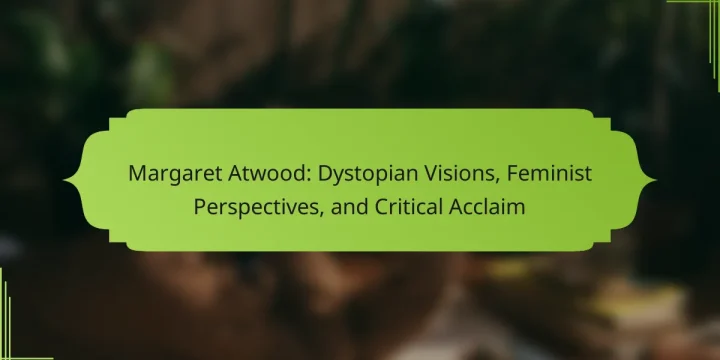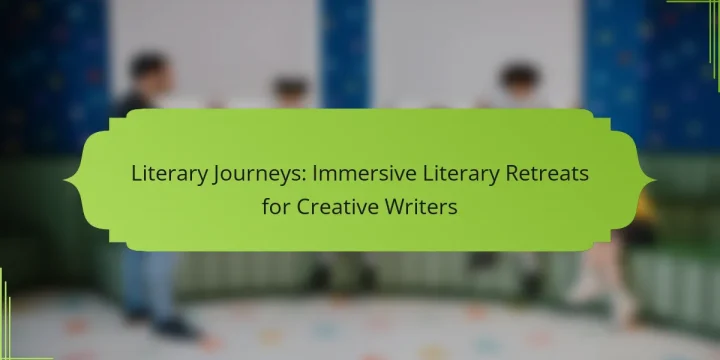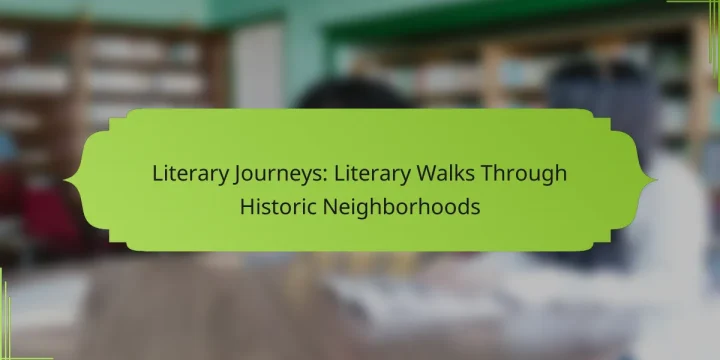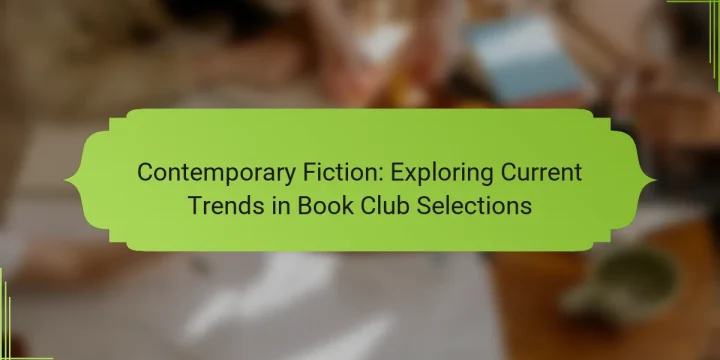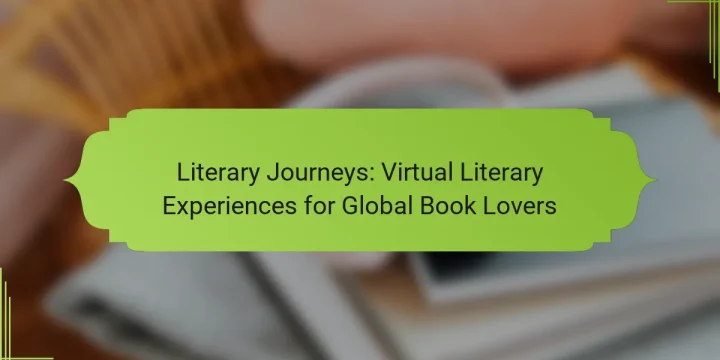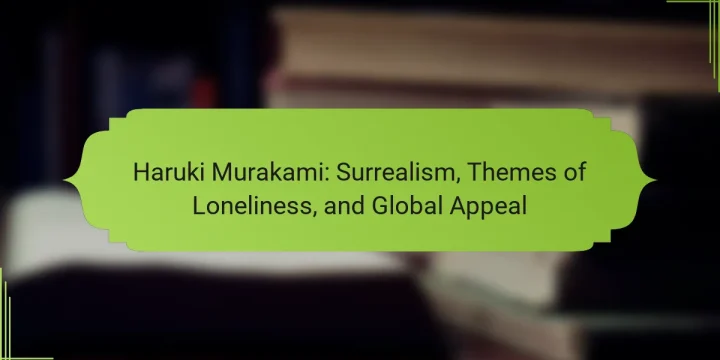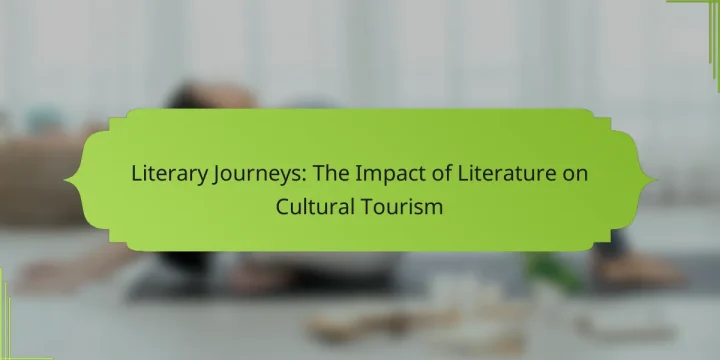
Literary tourism enhances cultural experiences by connecting travelers with the stories and authors that shape regions. This article explores how literature influences travel choices, the immersive experiences offered through literary festivals and themed tours, and the economic benefits for local communities. It also addresses challenges faced by tourism operators in promoting literary-themed experiences effectively. How does literature influence cultural tourism trends? Literature significantly shapes cultural tourism trends by attracting visitors to literary landmarks and events. Literary works often inspire travel to locations featured in novels or associated with authors. For example, the popularity of Shakespeare’s birthplace in Stratford-upon-Avon draws numerous tourists annually. Unique attributes of literary tourism include immersive experiences, such as guided tours based on famous books. These experiences enhance engagement, allowing visitors to connect deeply with the narratives…
